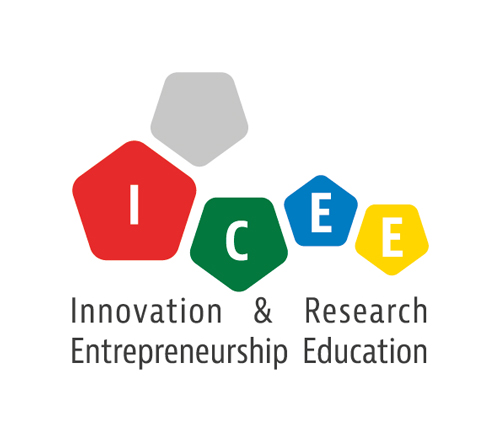First Results
New study confirms the positive effects of entrepreneurship education on students

The research design in the Innovation Clusters for Entrepreneurship Education (ICEE) has many advantages compared to previous impact studies. Some of these are the ability to compare compulsory participants with non-participants, high activity to low activity, to control for competing explanations of impact, and large samples with good representativeness.
ICEE is a 3-year international research project/policy experiment project. The main data collection in ICEE is surveys to students, teachers, parents and business people in Belgium (Flanders), Estonia, Finland, Italy and Latvia. 25 schools participate in the study. The net samples are 7100 students, 3500 parents, 1000 teachers and 400 business people.
ICEE measures the impact of the JA Company Programme (CP) at secondary schools using a pre-post-test design. To document the significance of CP, three groups of respondents are compared: students/teachers/parents with CP; students/teachers/parents without CP at the same school; students/teachers/parents without CP at control schools. It is possible that CP-participants are different from non-participants in terms of other variables which there may be theoretical or empirical reasons to assume would affect entrepreneurial attitudes and skills. Thus, the analyses also check for the impact of independent variables such as gender, immigrant background, and previous entrepreneurial experiences.
Compared to previous studies, some of the methodological strengths of the ICEE research are the possibilities to distinguish between students who take part in the CP as a mandatory activity and those who take part in it as an optional activity. To reduce self-selection bias, the study distinguishes between students who take part in the CP as a mandatory activity and those who take part in it as an optional activity. ICEE also investigates whether the impact of CP varies according to position in the company and time spent on the CP. The data also allows an investigation of whether the impact of CP varies according to the time students have spent on the CP or their position in the CP. These have been important limits for previous studies of the impact of entrepreneurship education for students.


 ICEE project has been funded with support from the European Commission, Erasmus+ Programme. This website reflects only the views of the author, and the Commission cannot be held responsible for any use which may be made of the information contained therein.
ICEE project has been funded with support from the European Commission, Erasmus+ Programme. This website reflects only the views of the author, and the Commission cannot be held responsible for any use which may be made of the information contained therein.